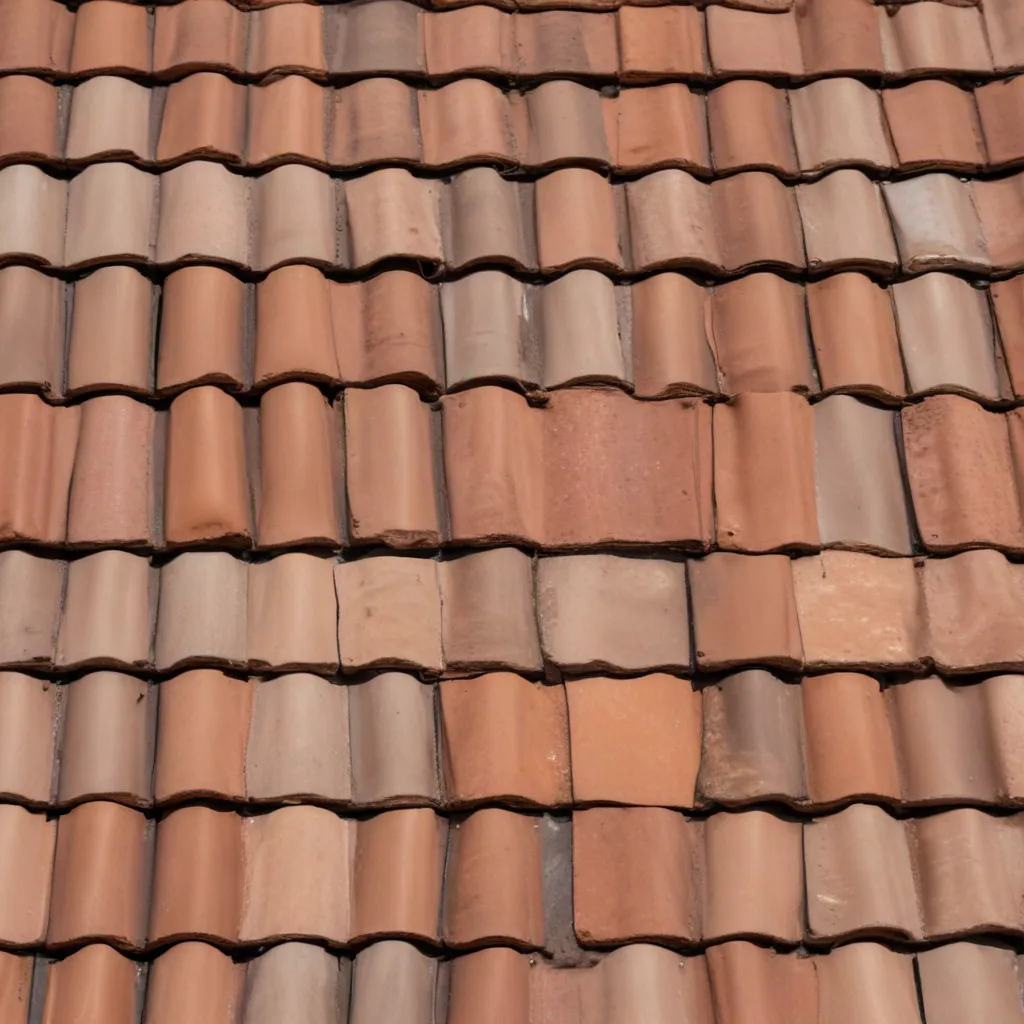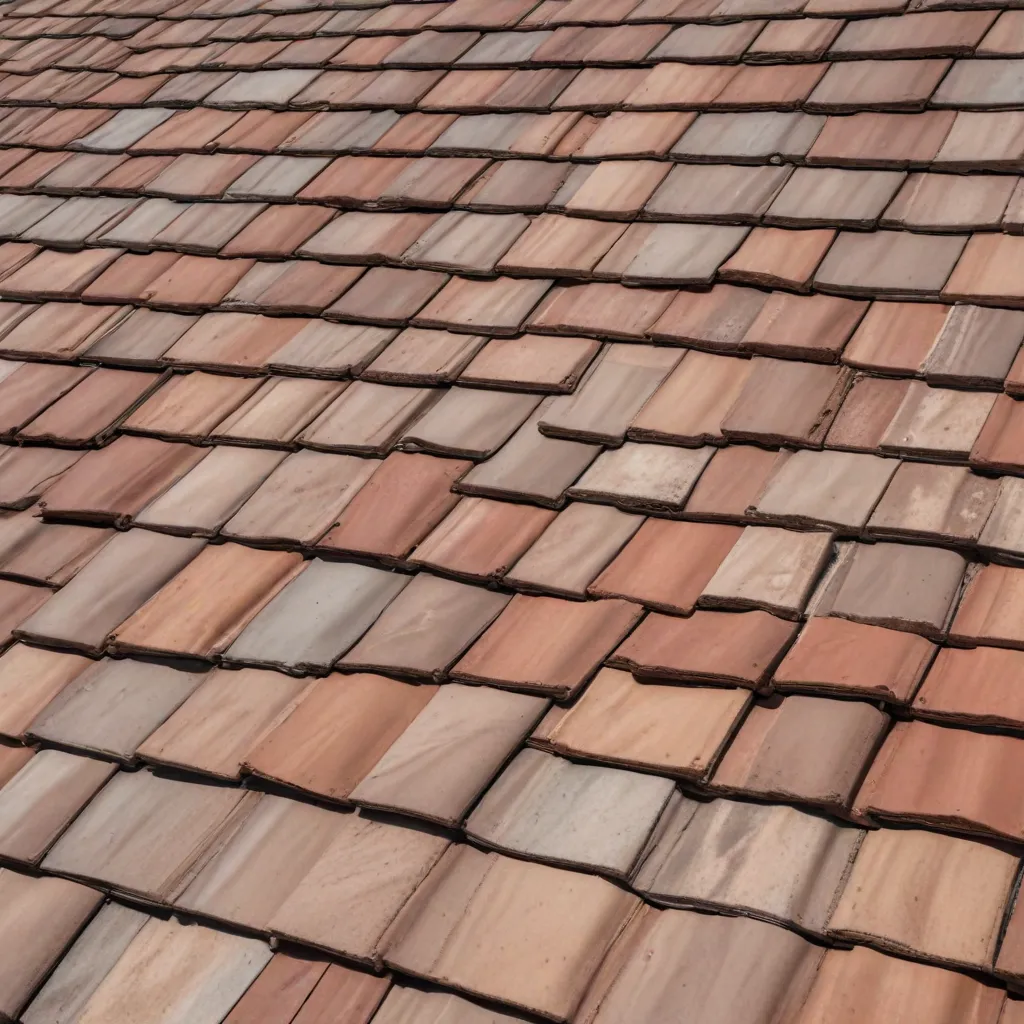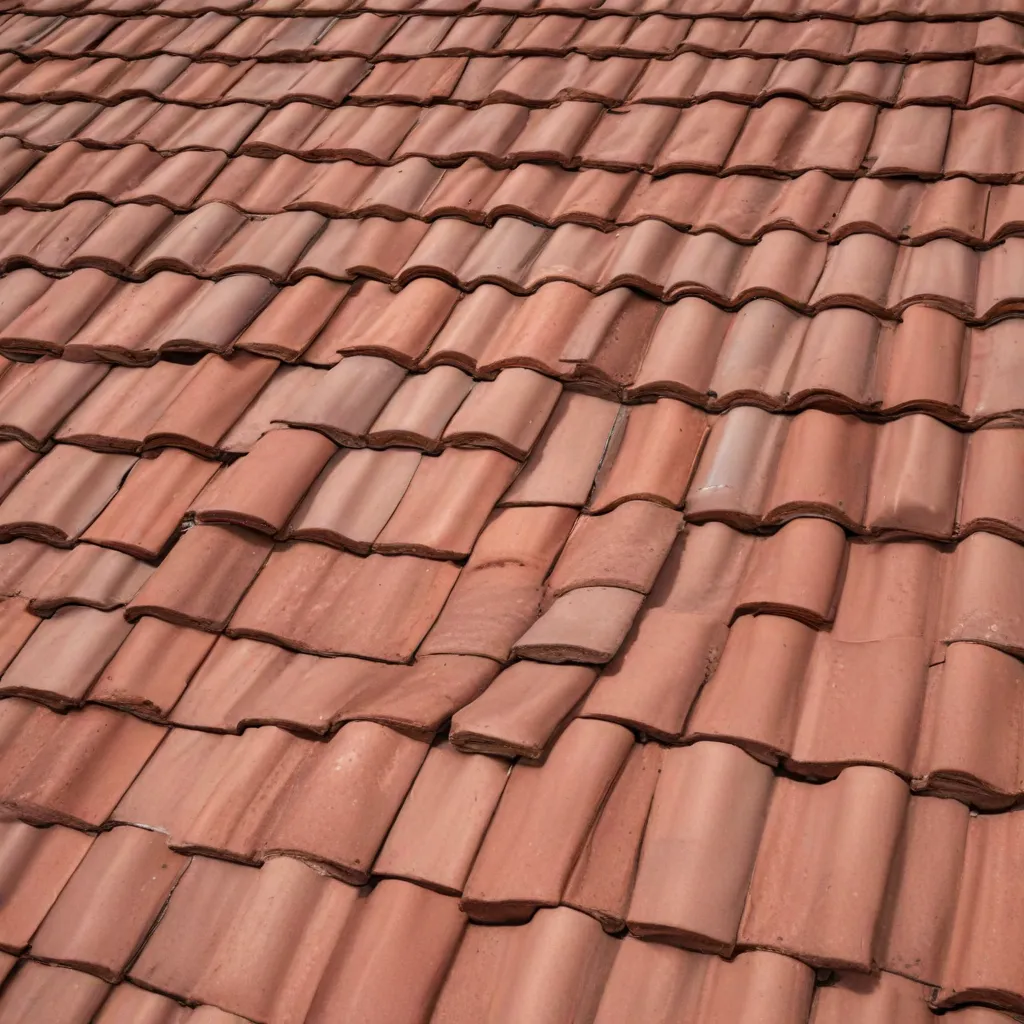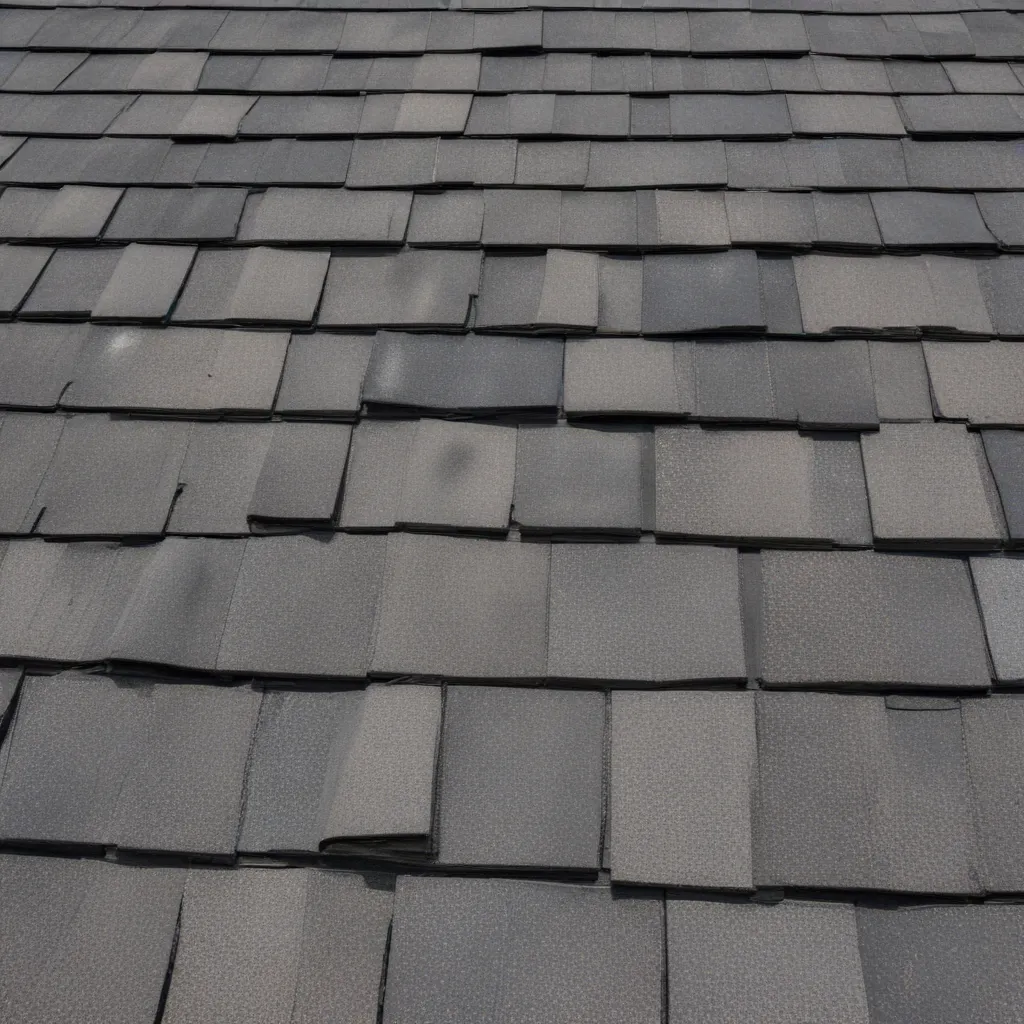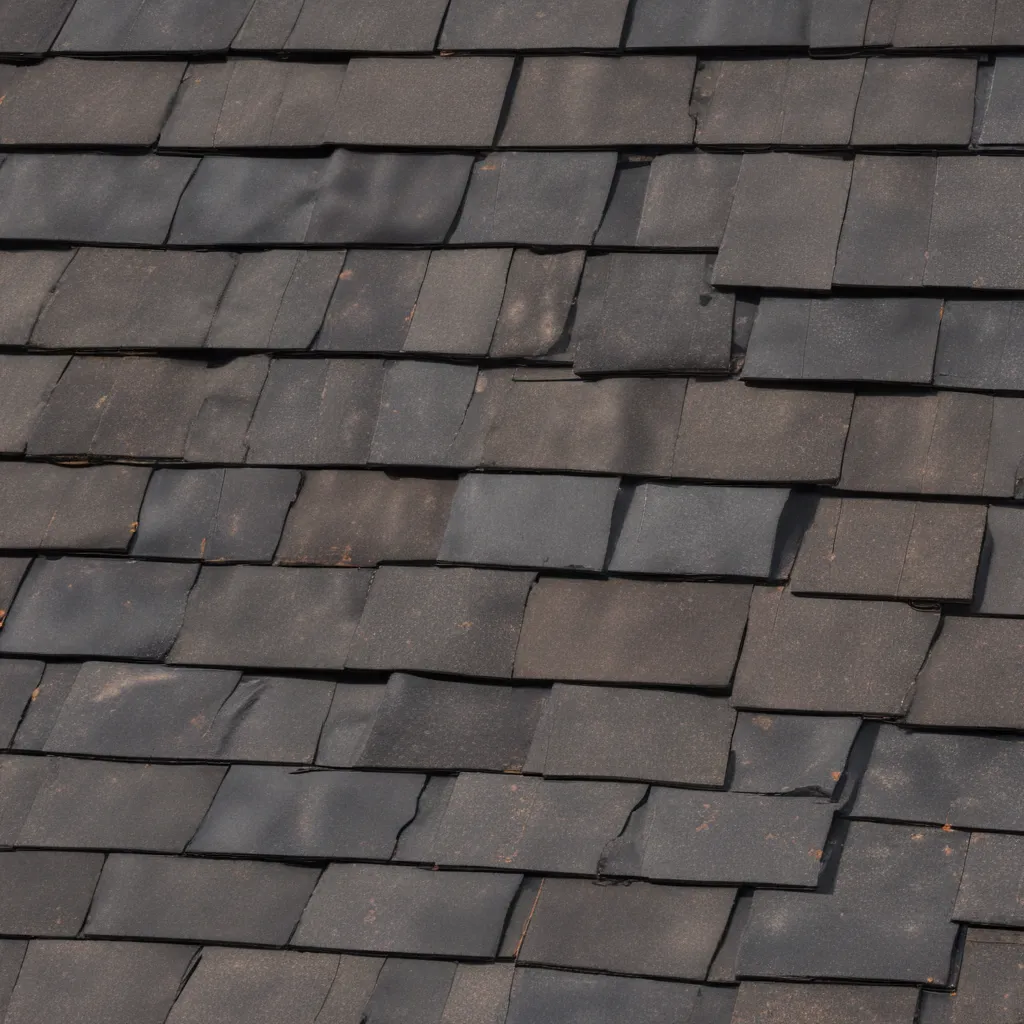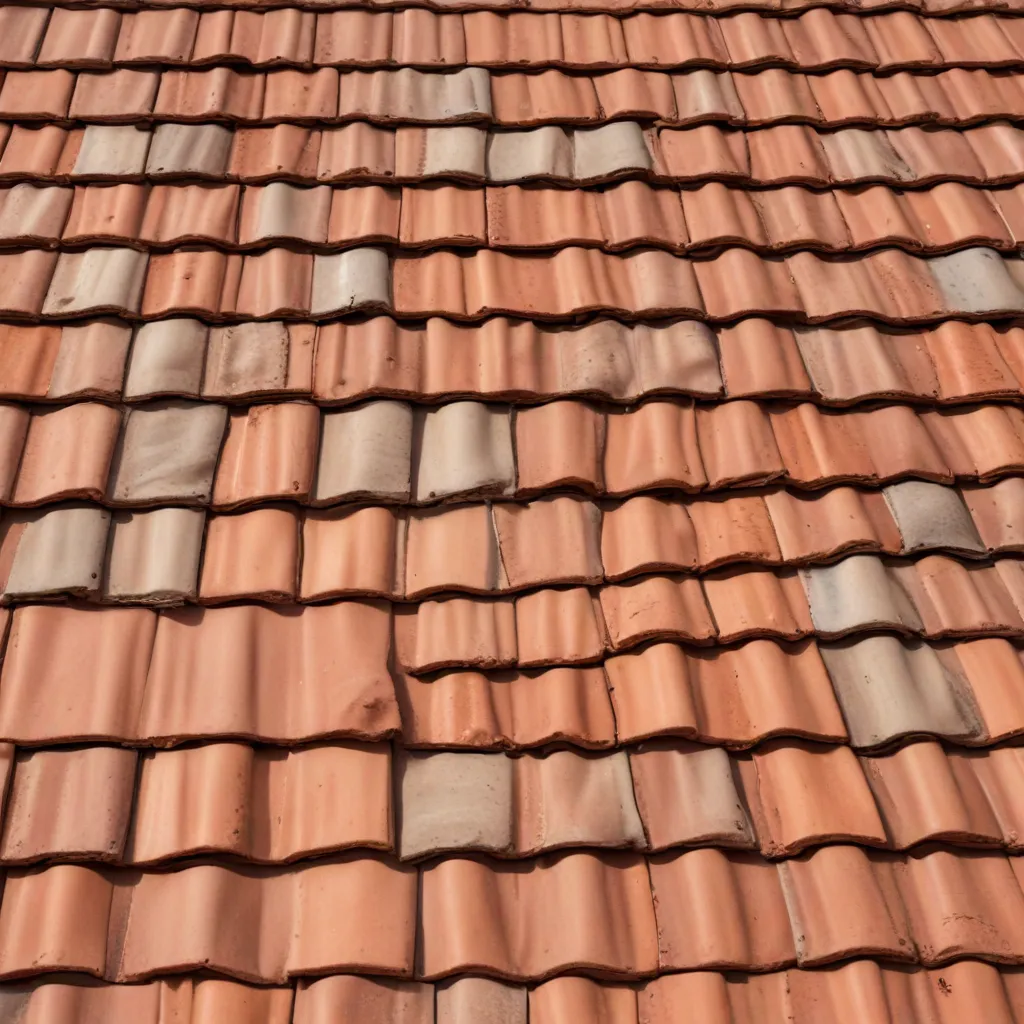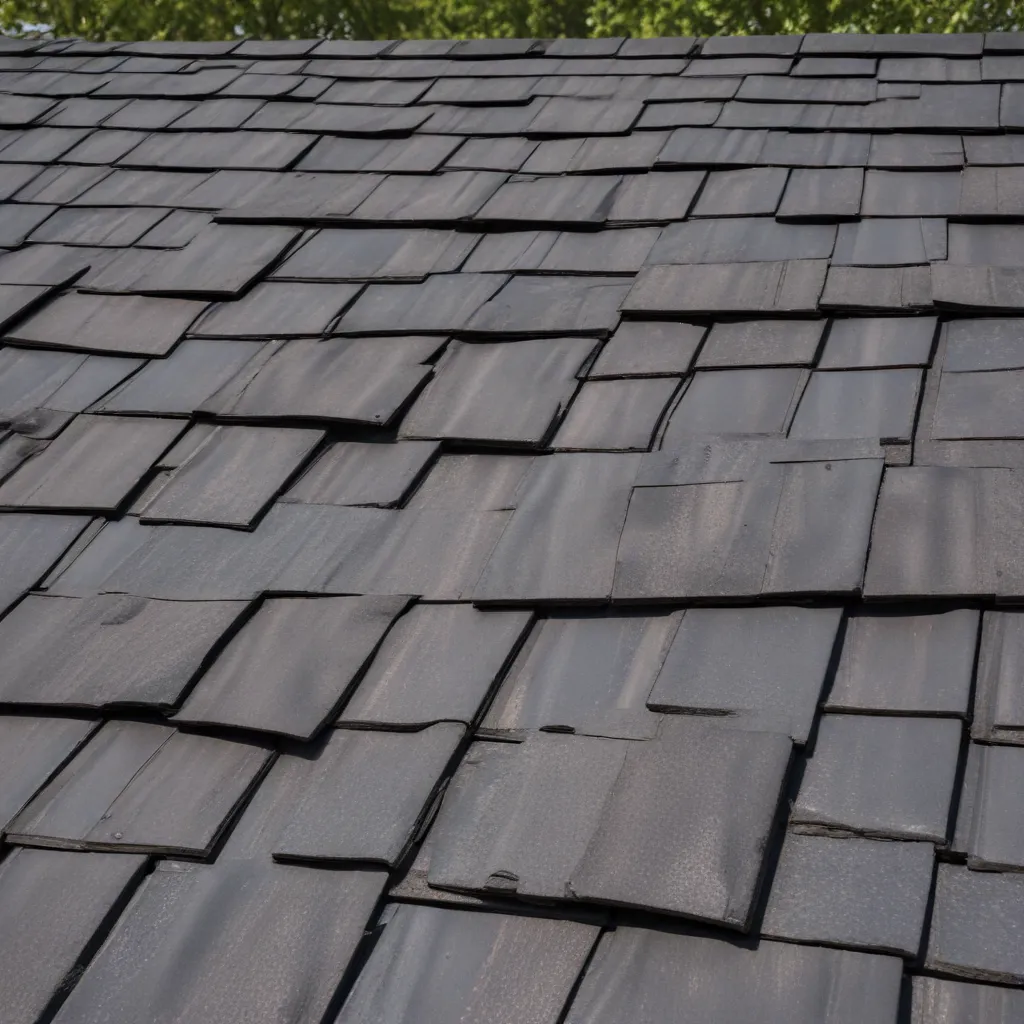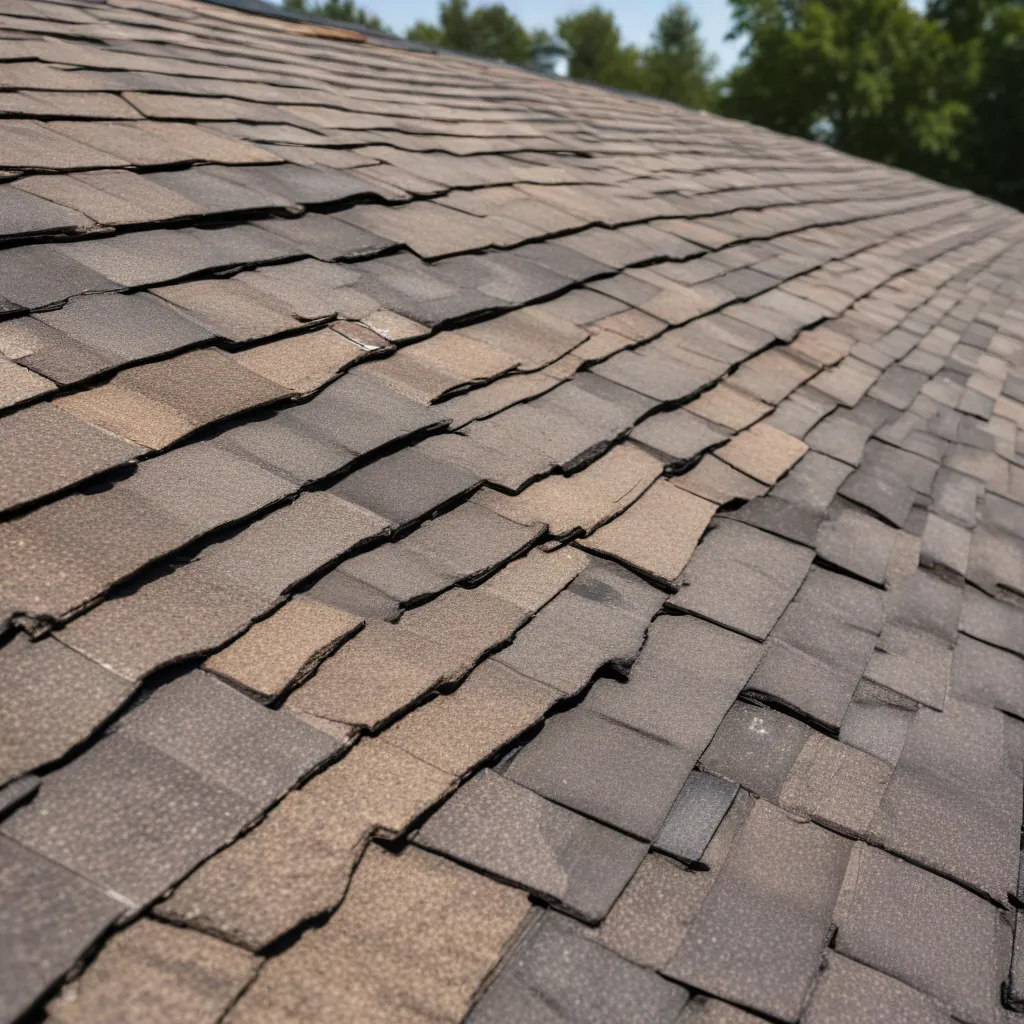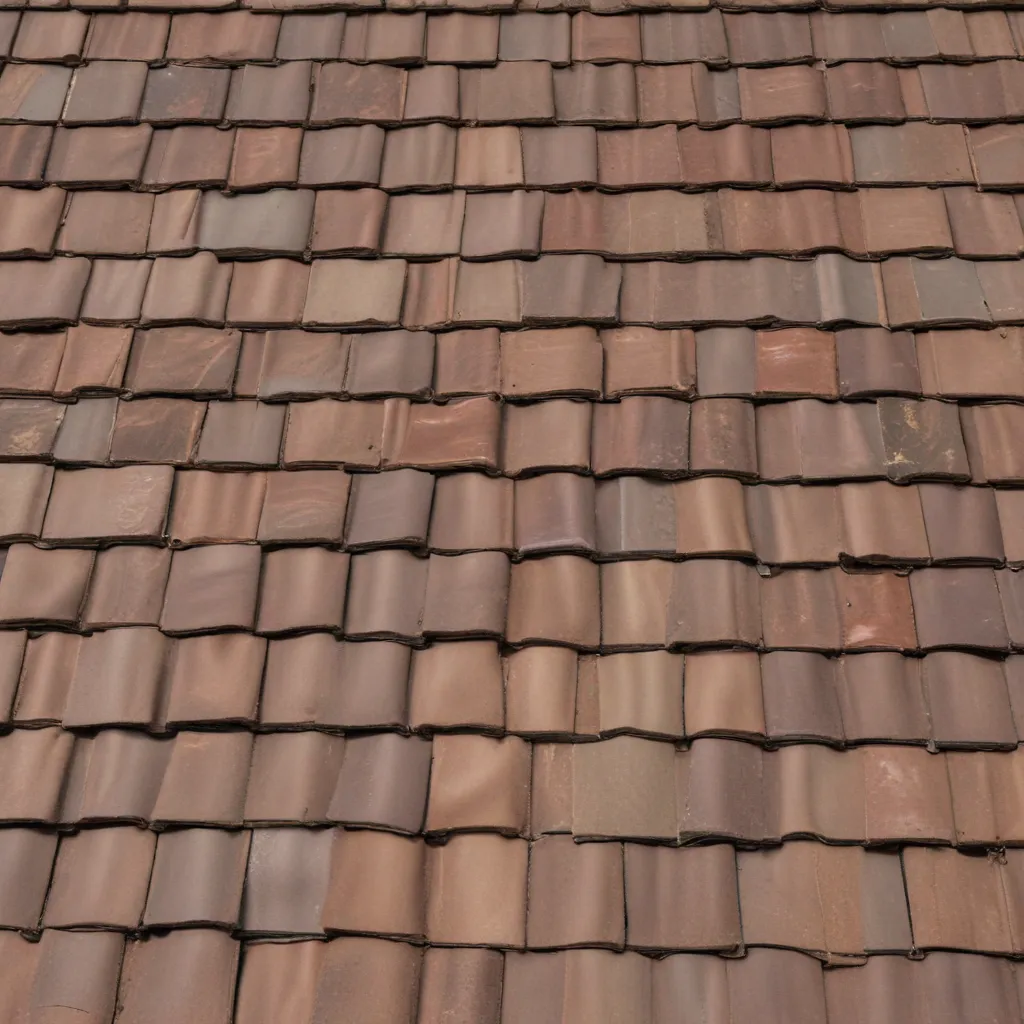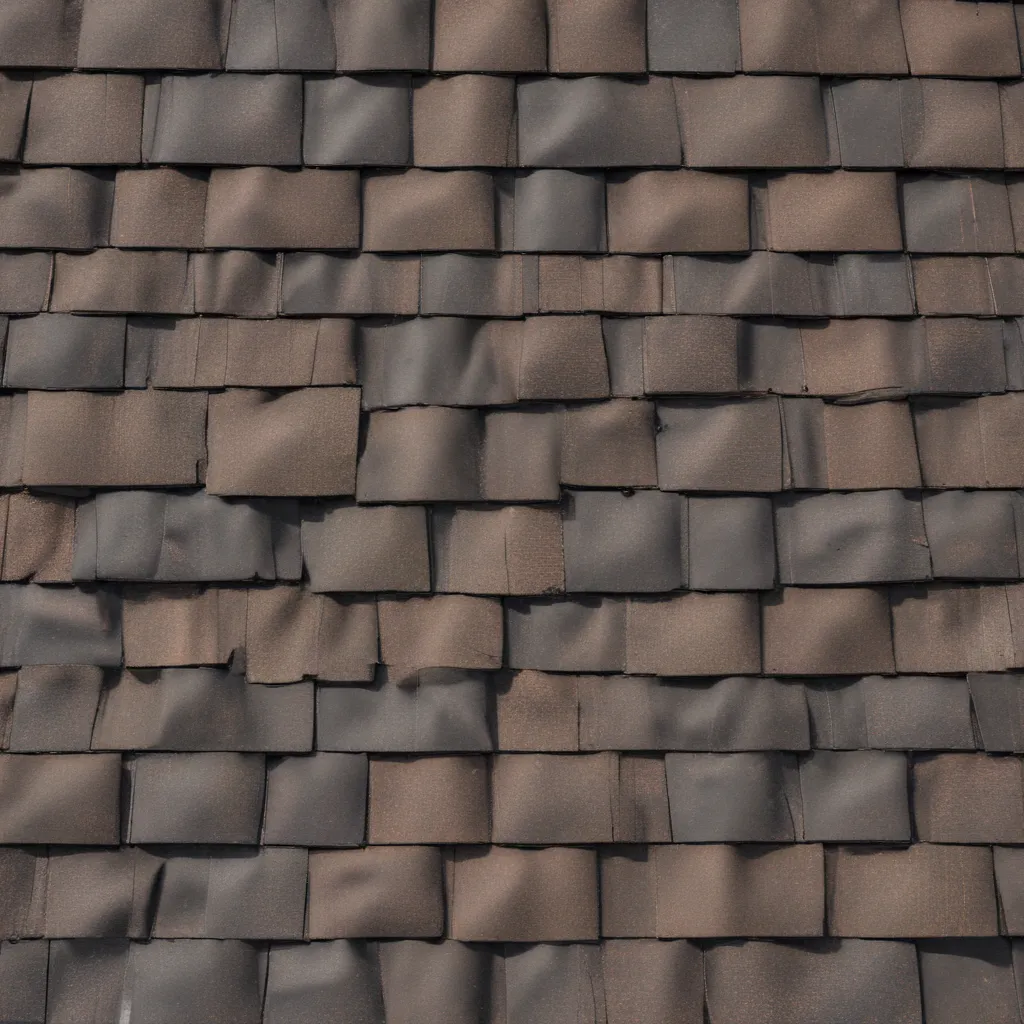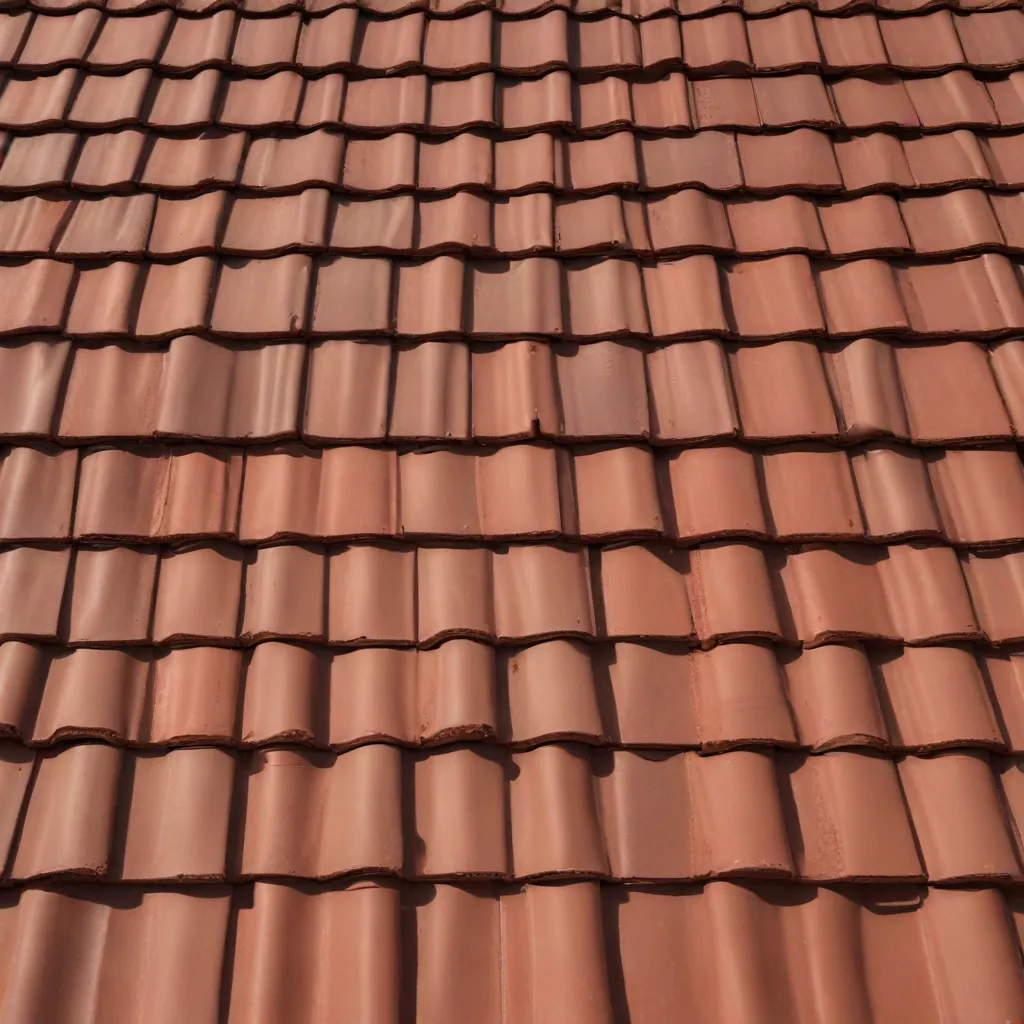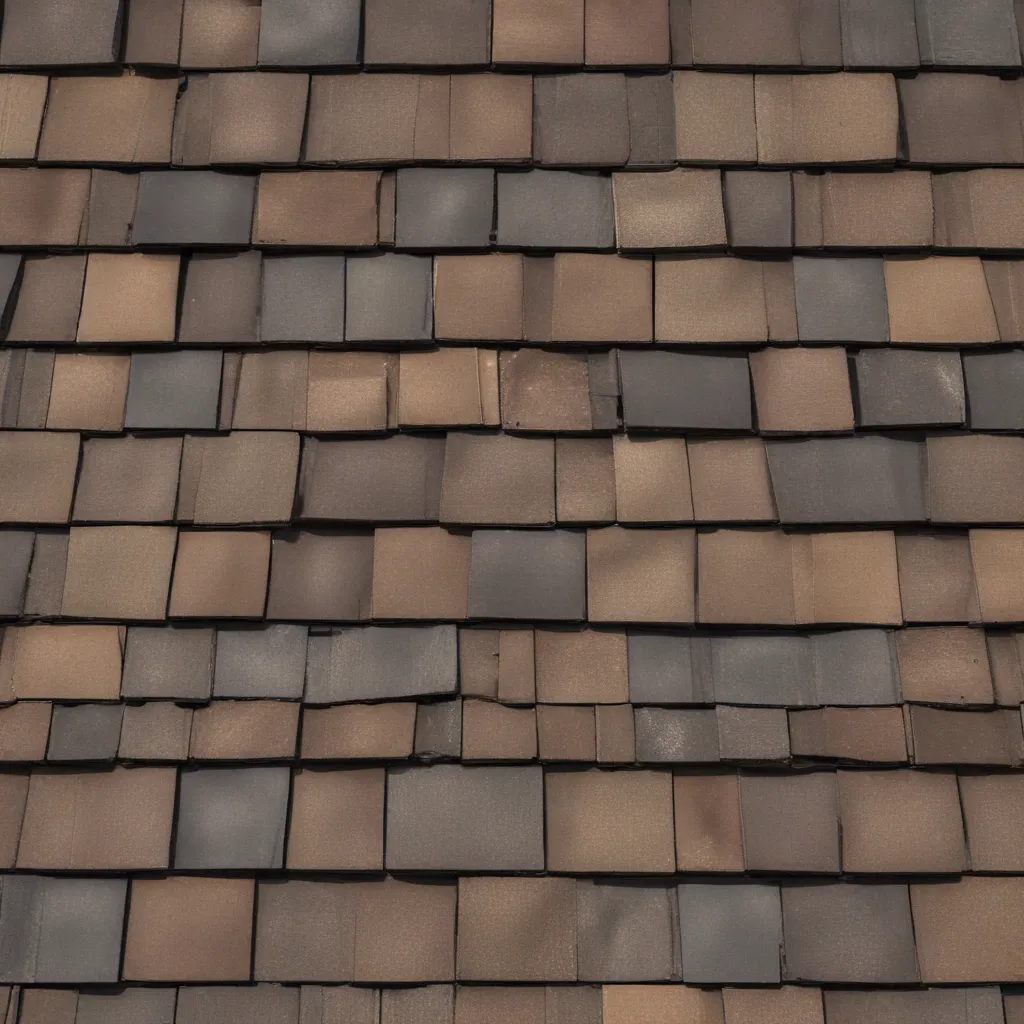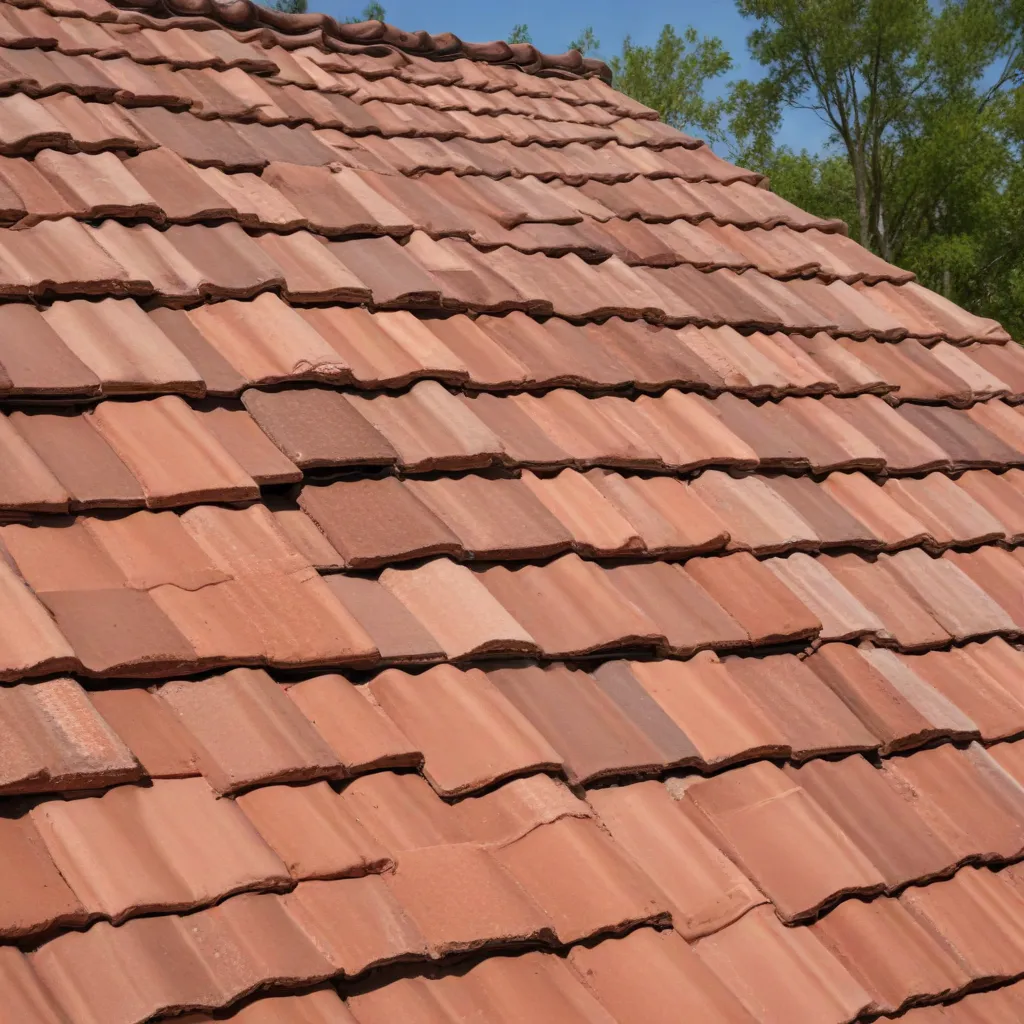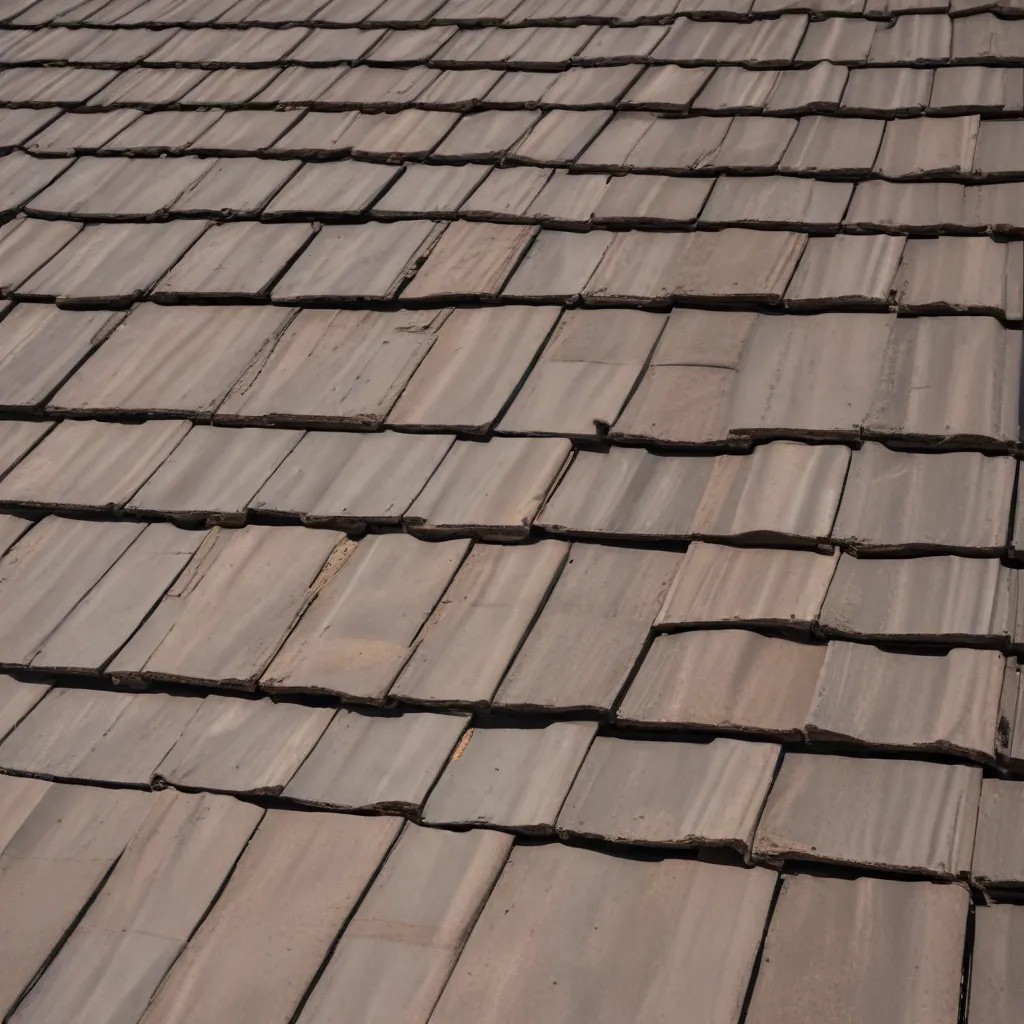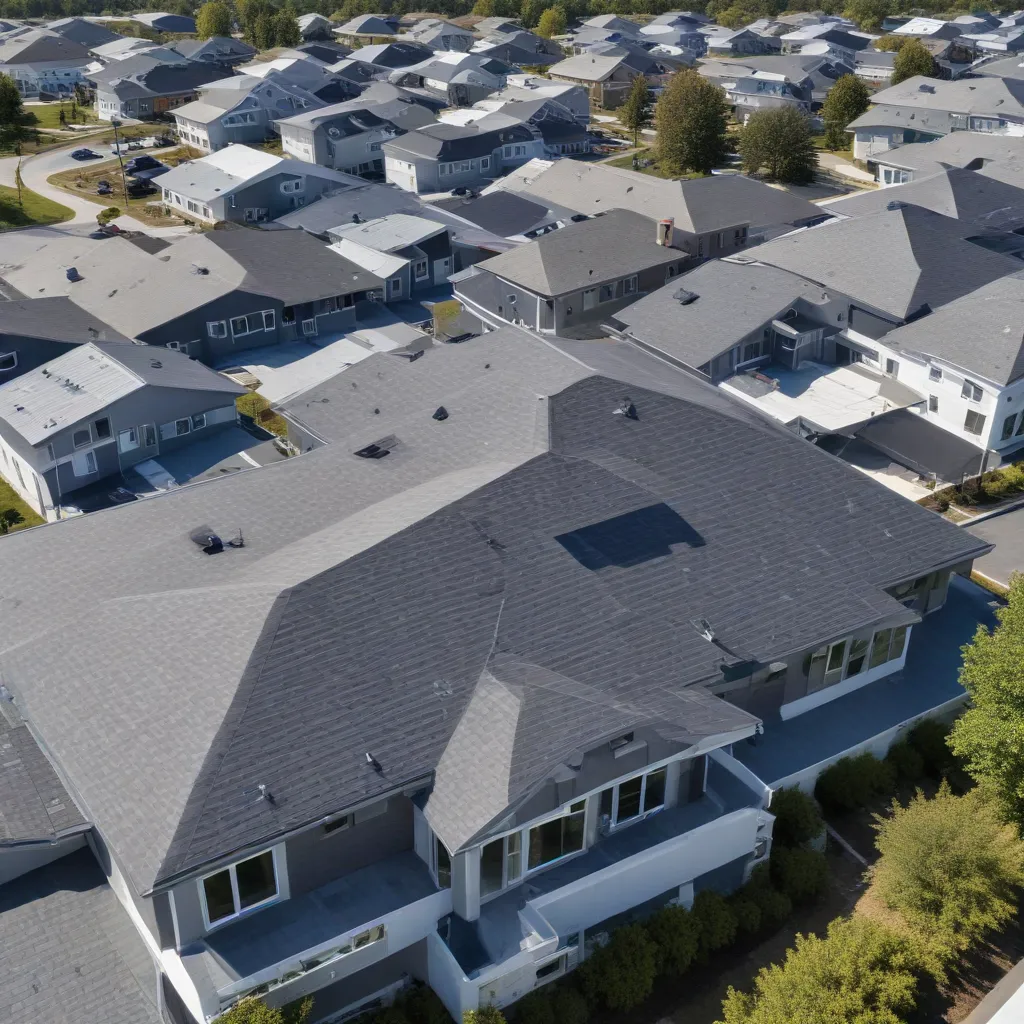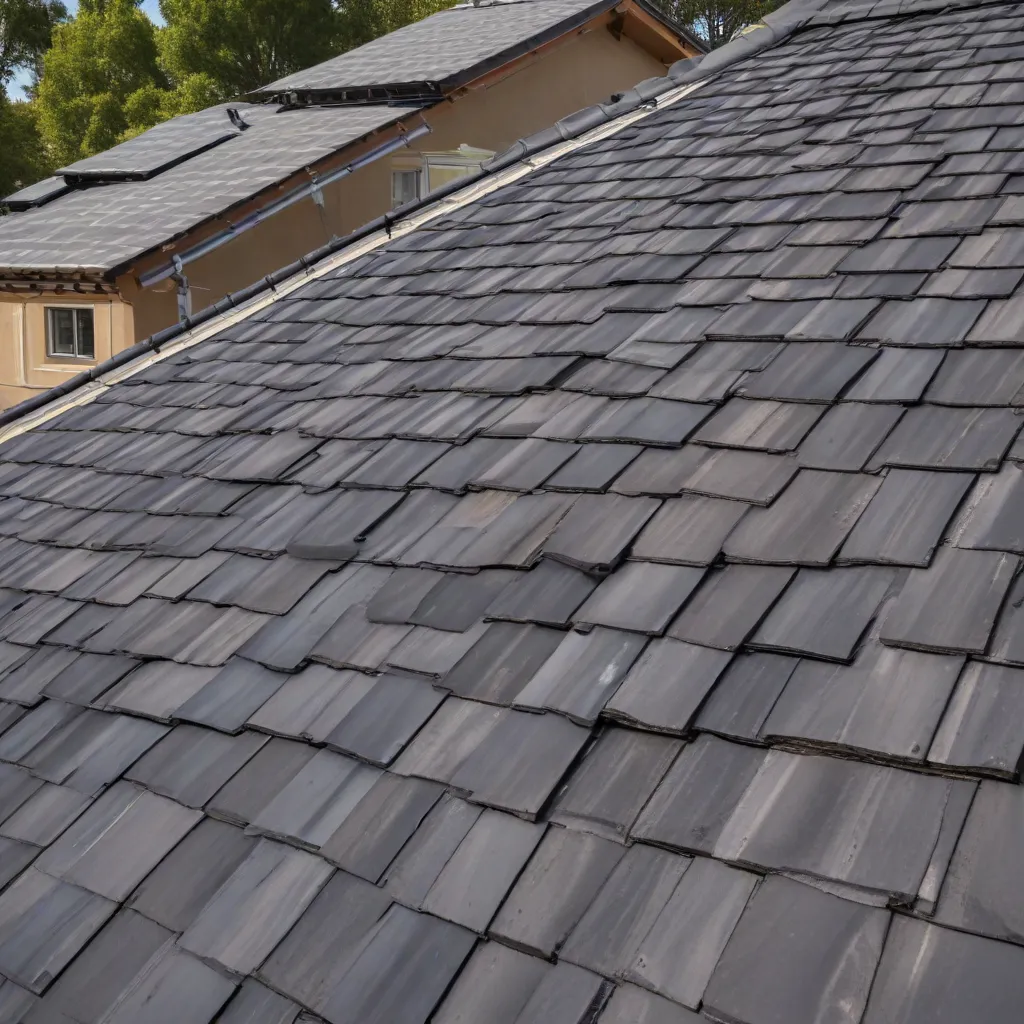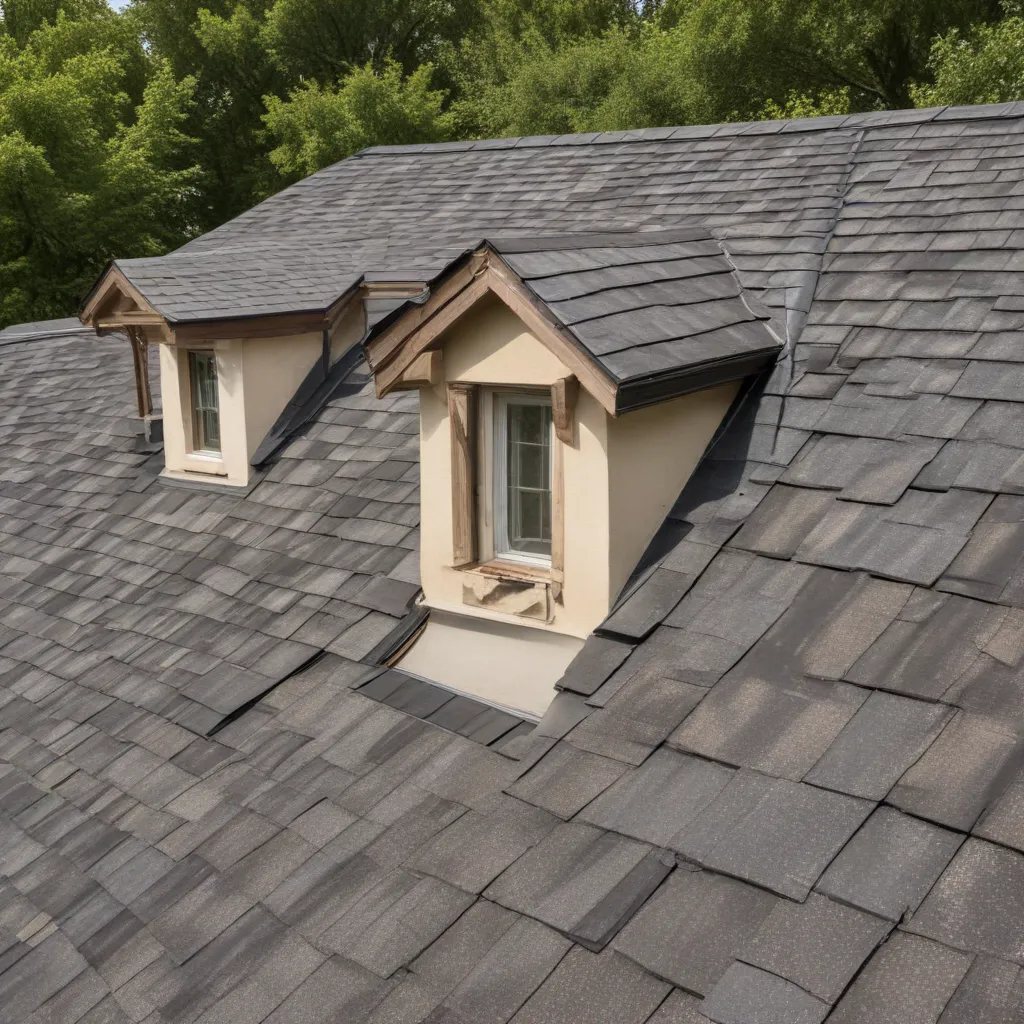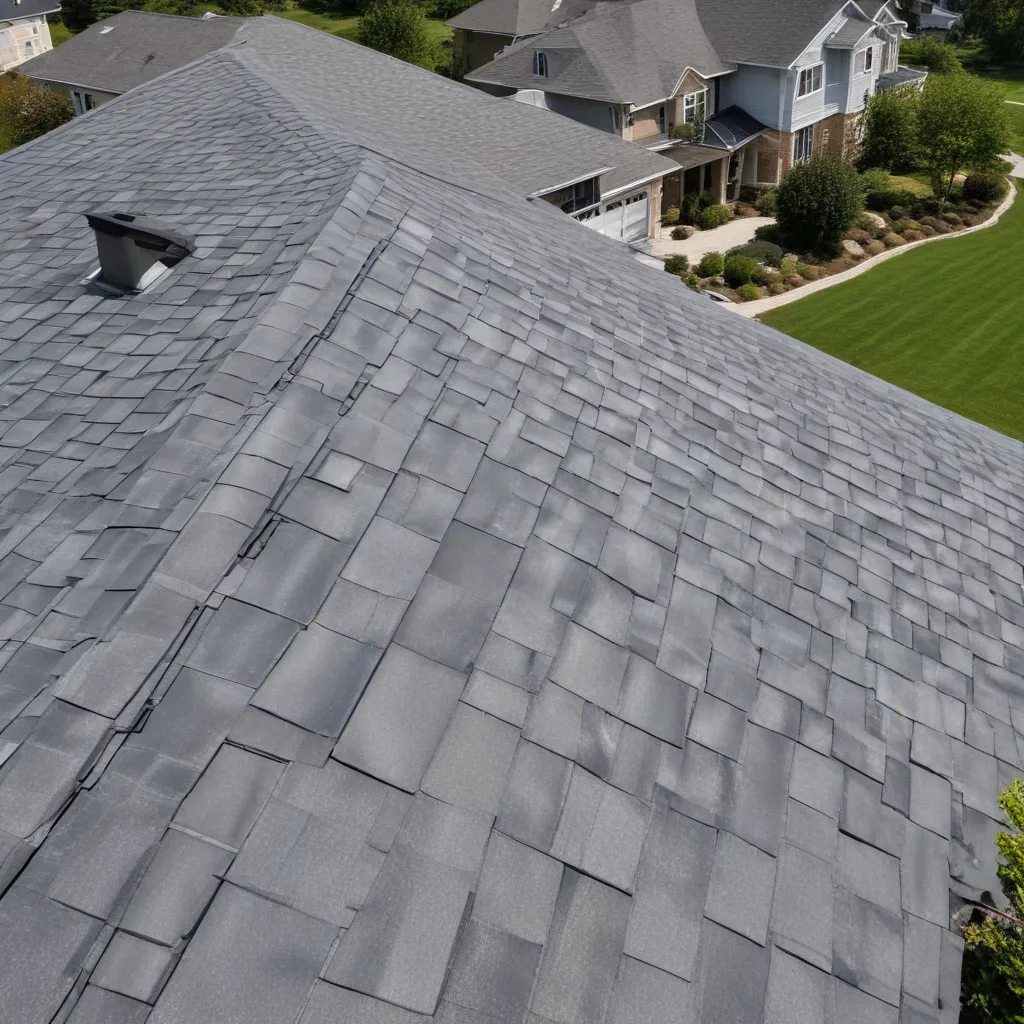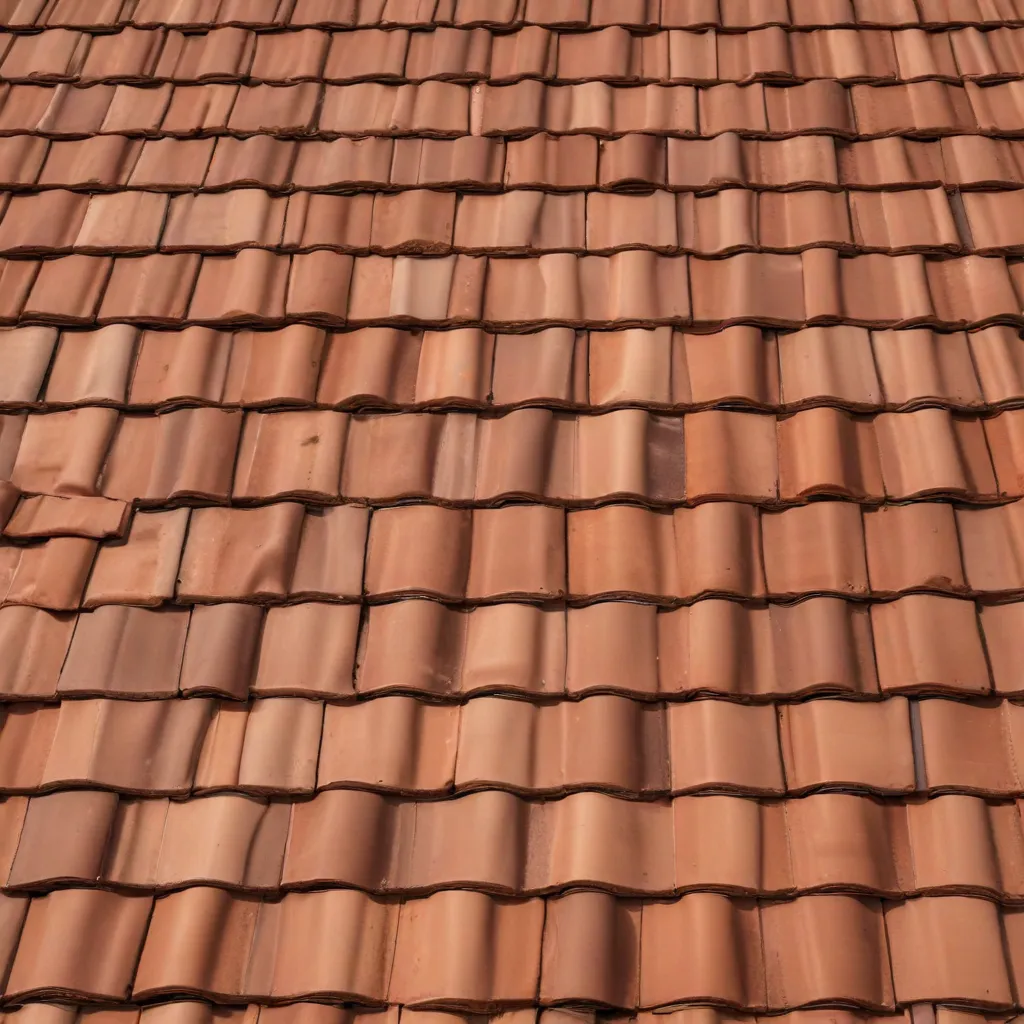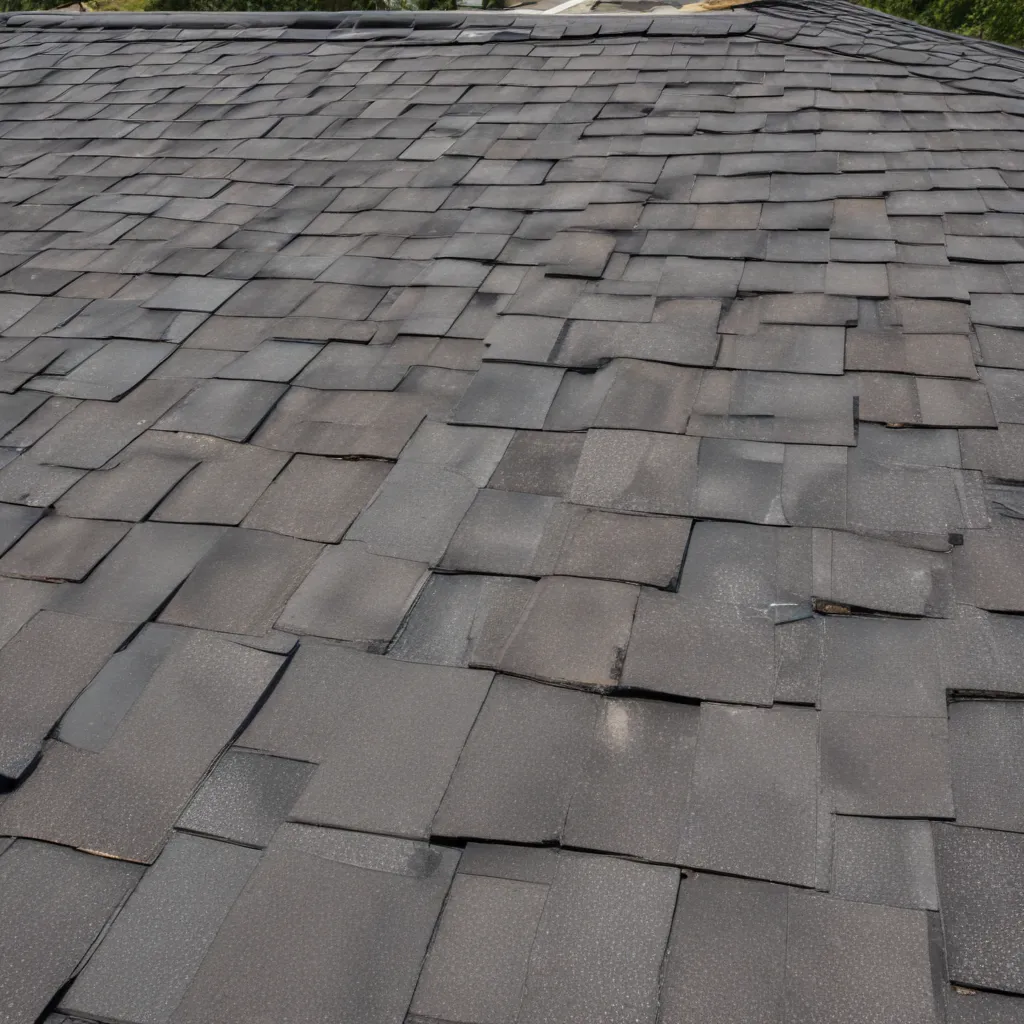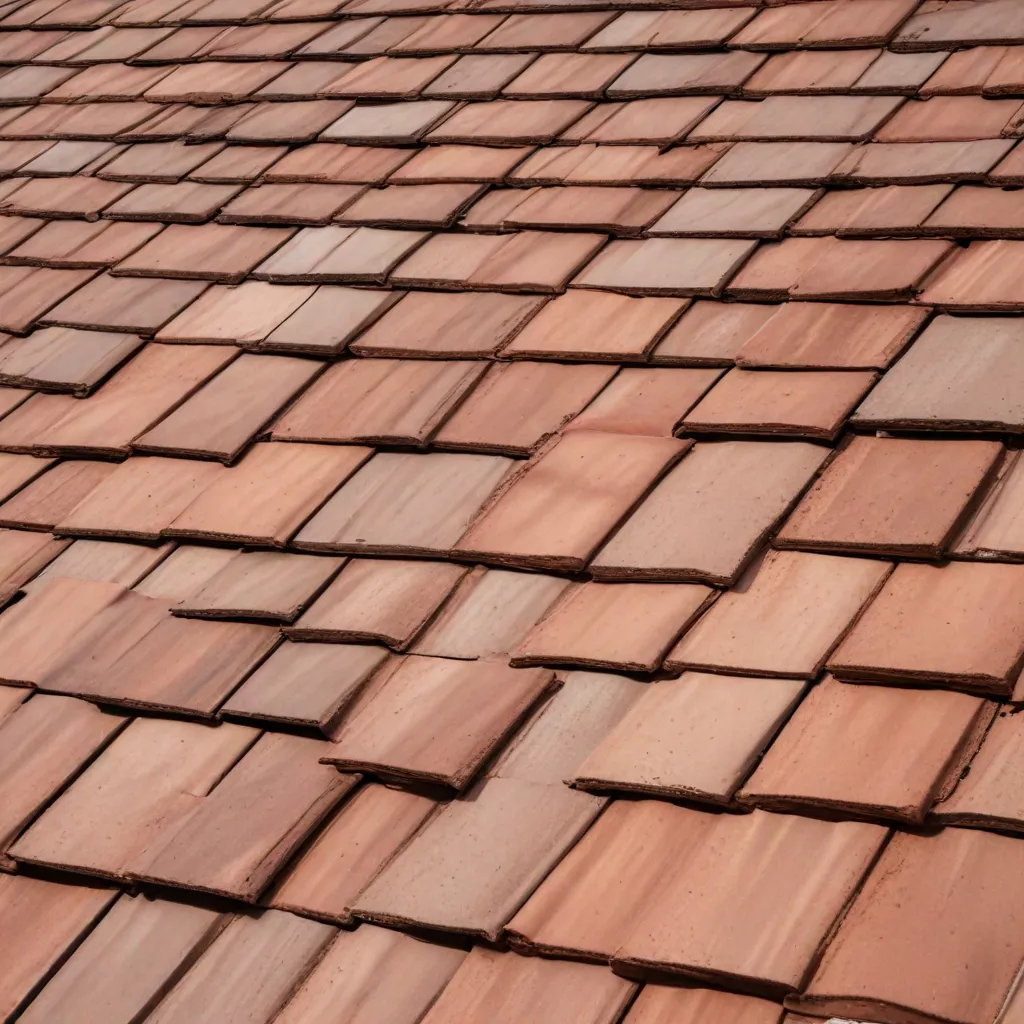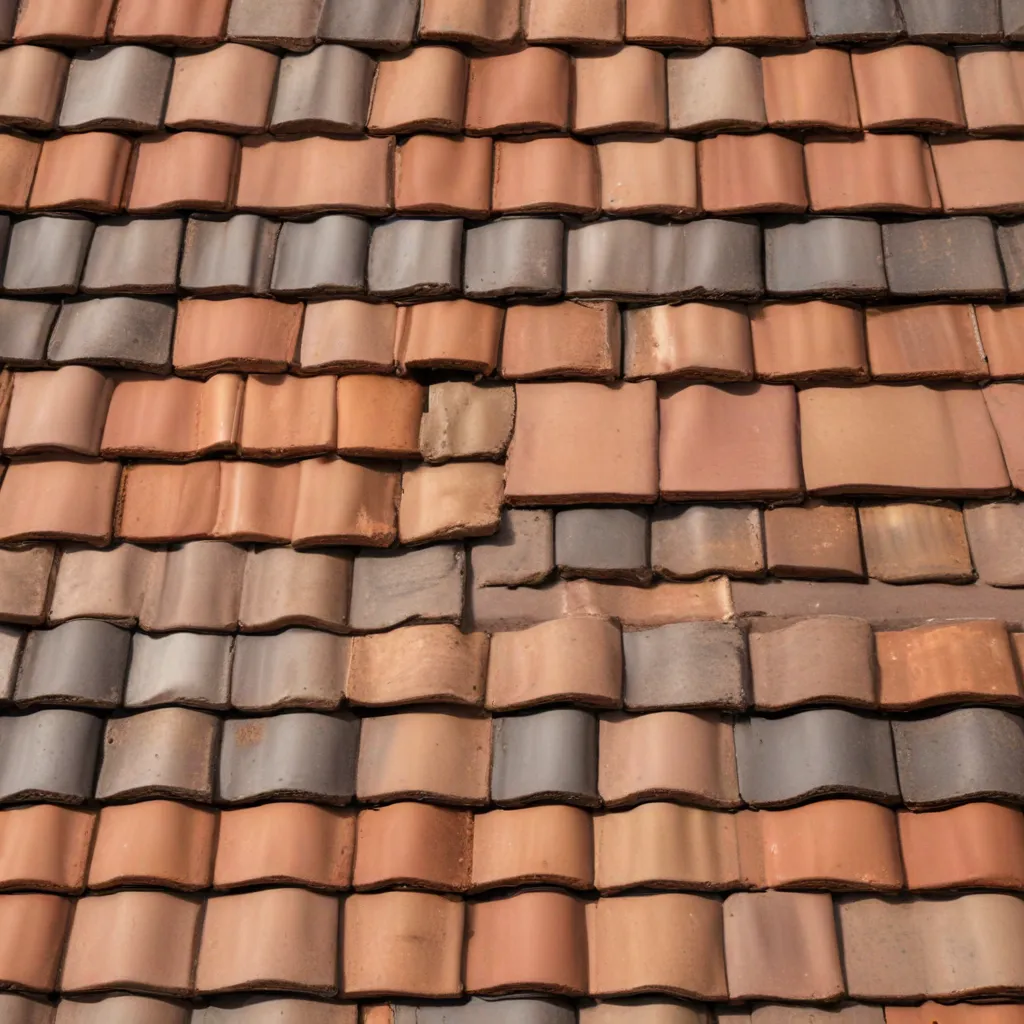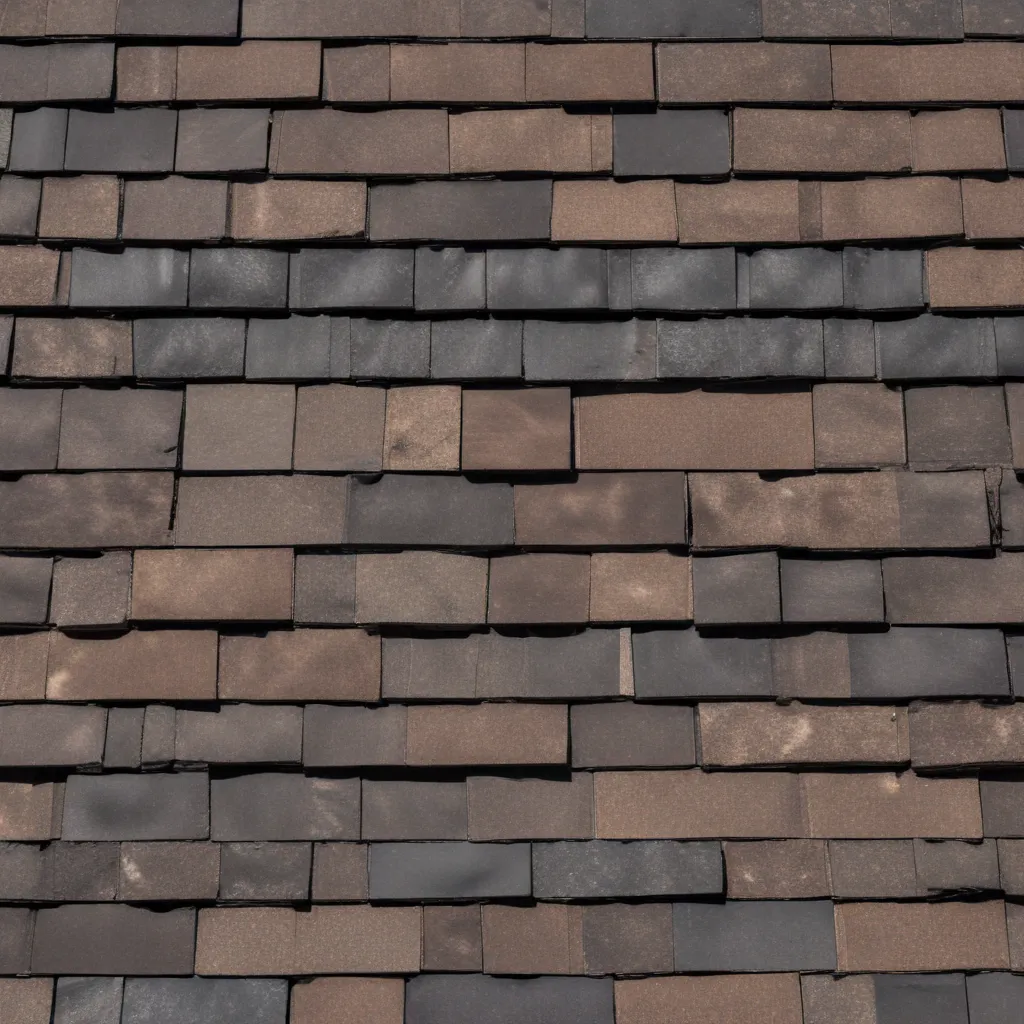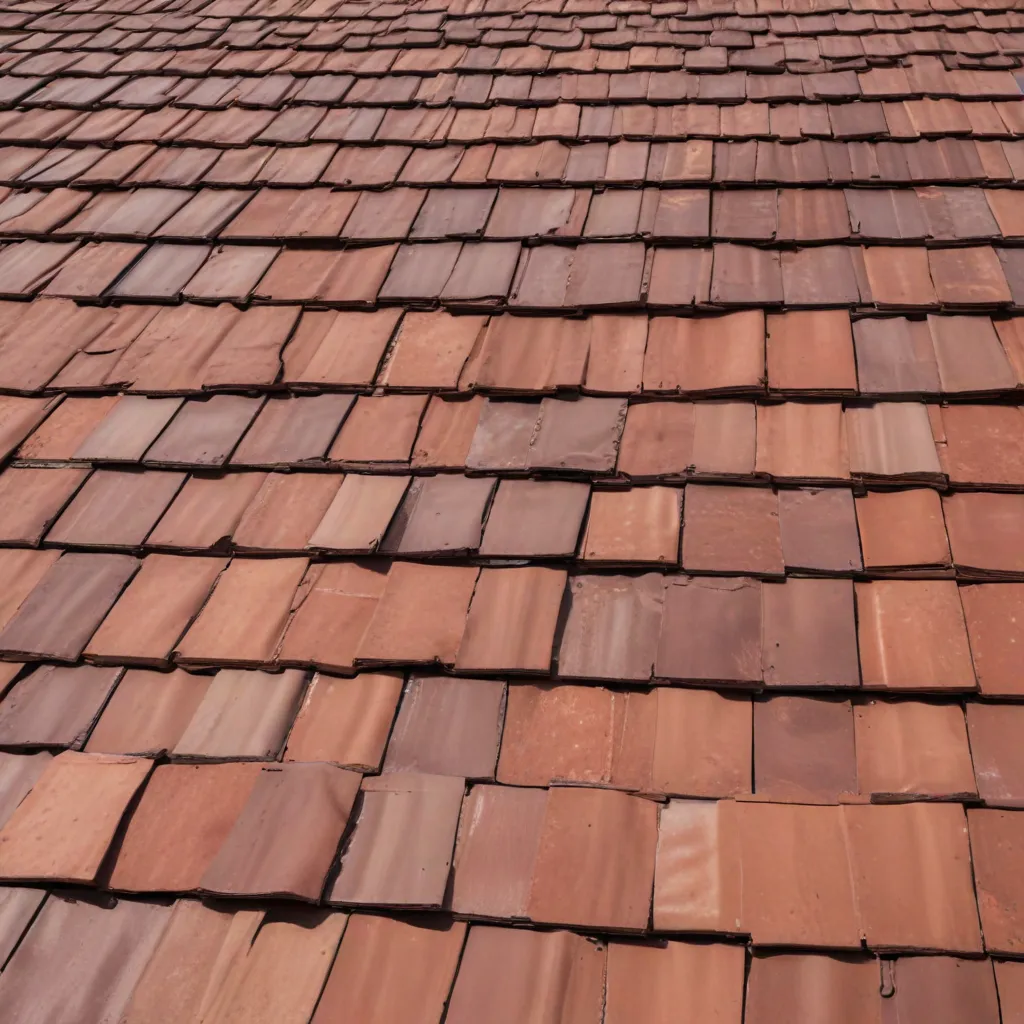Welcome to our comprehensive guide on roofing insulation, a cost-effective solution to improve the value of your home. Whether you’re a homeowner looking to enhance your property’s energy efficiency or a prospective buyer interested in maximizing your investment, investing in quality roofing insulation is a smart choice. In this article, we will delve into the importance of roofing insulation, its benefits, different types available, installation processes, and how it can contribute to increasing your home’s value. So let’s get started!
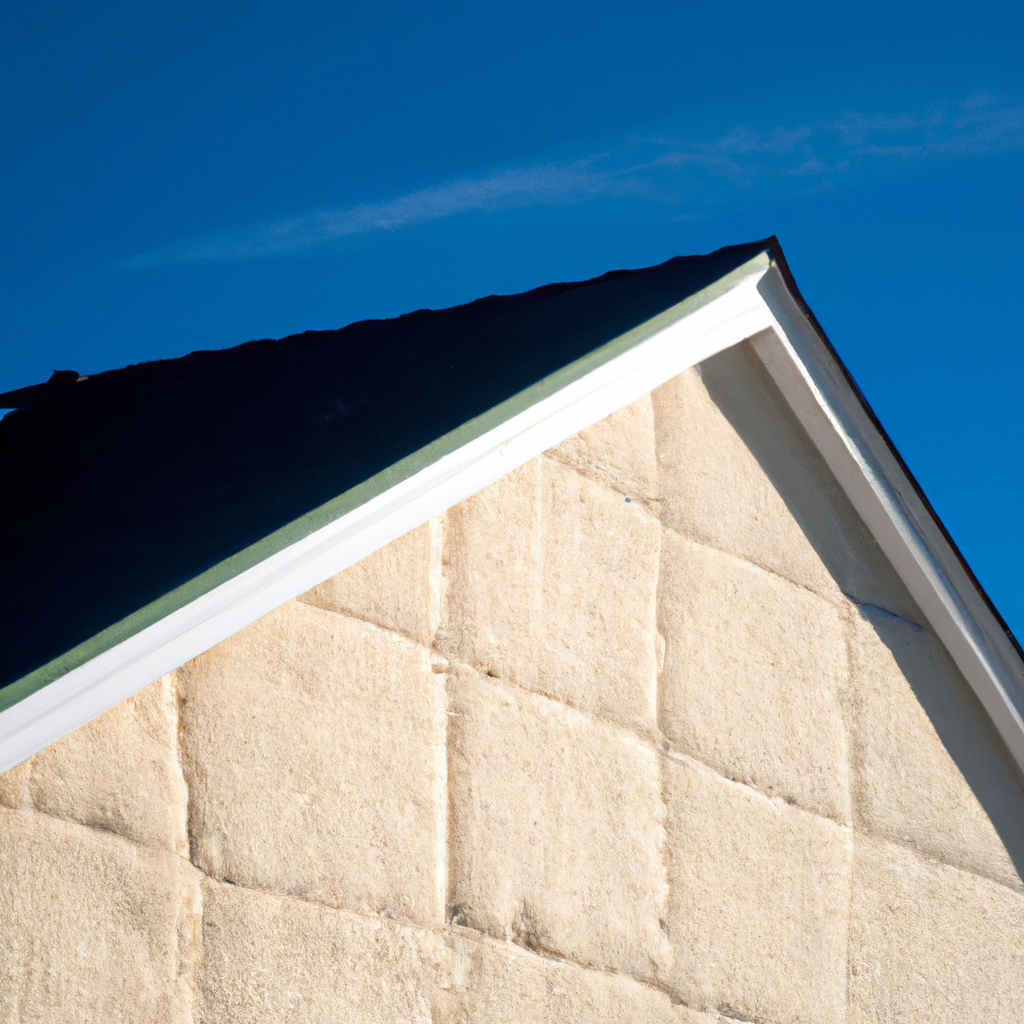
Why Roofing Insulation Matters
Insulation is a crucial component of your home’s overall energy efficiency and comfort. It acts as a barrier that prevents the transfer of heat between the interior and exterior of your home. Without proper insulation, your home can become susceptible to temperature fluctuations, leading to increased energy consumption and discomfort. Roofing insulation, in particular, plays a significant role in maintaining a stable indoor temperature while reducing the strain on your heating and cooling systems.
Benefits of Roofing Insulation
1. Energy Efficiency
One of the primary benefits of roofing insulation is its ability to enhance the energy efficiency of your home. By preventing the transfer of heat, insulation helps maintain a consistent temperature throughout your living space, reducing the need for excessive heating or cooling. This, in turn, leads to lower energy bills and a reduced carbon footprint.
2. Enhanced Comfort
Properly insulated roofs create a more comfortable living environment by regulating indoor temperatures. During the hot summer months, insulation helps keep your home cool by preventing the sun’s heat from penetrating the roof. In colder seasons, it acts as a barrier, preventing heat from escaping and keeping your home warm and cozy.
3. Noise Reduction
Roofing insulation also contributes to reducing external noise, creating a quieter and more peaceful living environment. It acts as a sound barrier, minimizing the transmission of noise from outside sources such as traffic or neighborhood activities, allowing you to enjoy a peaceful atmosphere inside your home.
4. Increased Property Value
Investing in high-quality roofing insulation can significantly increase the value of your home. Prospective buyers are increasingly aware of the importance of energy efficiency and insulation when considering a property. A well-insulated roof not only adds value to your home but also makes it more appealing to potential buyers, setting it apart from others on the market.
Types of Roofing Insulation
There are several types of roofing insulation available, each with its unique characteristics and benefits. Understanding these options will help you choose the most suitable insulation for your specific needs. Let’s explore some of the popular types:
1. Fiberglass Insulation
Fiberglass insulation is one of the most commonly used types of roofing insulation. It consists of fine glass fibers and is available in batts or rolls. Fiberglass insulation is known for its excellent thermal performance and affordability. It is easy to install and offers good sound absorption properties. However, it is important to handle fiberglass insulation with care, using protective gear, as the fine fibers can irritate the skin and respiratory system.
2. Cellulose Insulation
Made from recycled paper or plant fibers, cellulose insulation is an eco-friendly option that provides excellent thermal performance. It is typically blown or sprayed into the roof cavity and can effectively fill gaps and crevices, reducing the chances of air leakage. Cellulose insulation is treated with fire-retardant chemicals to enhance safety and is known for its sound absorption capabilities.
3. Spray Foam Insulation
Spray foam insulation is a versatile option that offers superior thermal performance. It is applied as a liquid and expands to fill cavities, creating a seamless and airtight barrier. Spray foam insulation provides excellent moisture resistance, reduces air leakage, and can be beneficial for roofs with complex shapes or unusual designs. However, professional installation is recommended due to the specialized equipment and expertise required.
4. Reflective Insulation
Reflective insulation, also known as radiant barrier insulation, is designed to reflect radiant heat away from the roof surface. It consists of a reflective material, such as aluminum foil, and is typically installed beneath the roof surface. Reflective insulation is particularly effective in hot climates, reducing the amount of heat absorbed by the roof and thus minimizing the need for excessive cooling.
Installation Process
The installation process for roofing insulation can vary depending on the type of insulation chosen and the structure of your roof. It is advisable to consult with a professional insulation contractor to ensure proper installation and maximize the insulation’s effectiveness. Here are some general steps involved in the installation process:
- Assessment: A professional insulation contractor will assess the condition of your roof and determine the most suitable insulation type based on your requirements and budget.
- Preparation: The roof surface will be prepared by removing any existing materials or debris that could hinder the installation process.
- Insulation Placement: The chosen insulation material will be installed according to the manufacturer’s guidelines. This may involve laying batts or rolls, blowing or spraying insulation, or applying reflective insulation beneath the roof surface.
- Sealing and Finishing: Any gaps or seams will be sealed to ensure an airtight barrier. This step is crucial to prevent air leakage and maximize the insulation’s effectiveness.
- Quality Check: A thorough inspection will be conducted to ensure the insulation is properly installed and meets industry standards.
Increasing Home Value with Roofing Insulation
Investing in roofing insulation not only offers immediate benefits but also contributes to increasing your home’s value in the long run. Here are some key factors that highlight the positive impact of roofing insulation on property value:
- Energy Efficiency: Prospective buyers are increasingly conscious of energy efficiency when considering a home purchase. A well-insulated roof signifies lower energy bills and reduced environmental impact, making your property more appealing and valuable.
- Comfort and Livability: Insulated roofs provide a comfortable living environment throughout the year. The ability to maintain consistent temperatures and reduce noise transmission adds value by enhancing the overall livability and quality of life for residents.
- Market Differentiation: In a competitive real estate market, a well-insulated roof can set your property apart from others. Buyers are more likely to choose a home that offers energy-saving features, making it a valuable investment for both the present and the future.
- Return on Investment: The cost of installing roofing insulation can be recouped over time through energy savings. This, coupled with the increased property value, provides a favorable return on investment for homeowners.
Conclusion
Roofing insulation is a cost-effective solution that not only improves the energy efficiency and comfort of your home but also increases its overall value. By investing in quality insulation, you can enjoy lower energy bills, enhanced comfort, and a quieter living environment. Additionally, a well-insulated roof makes your property more appealing to potential buyers, setting it apart in a competitive market. Consider consulting with a professional insulation contractor to determine the most suitable insulation type and ensure proper installation. Make the smart choice today and unlock the full potential of your home with roofing insulation.

